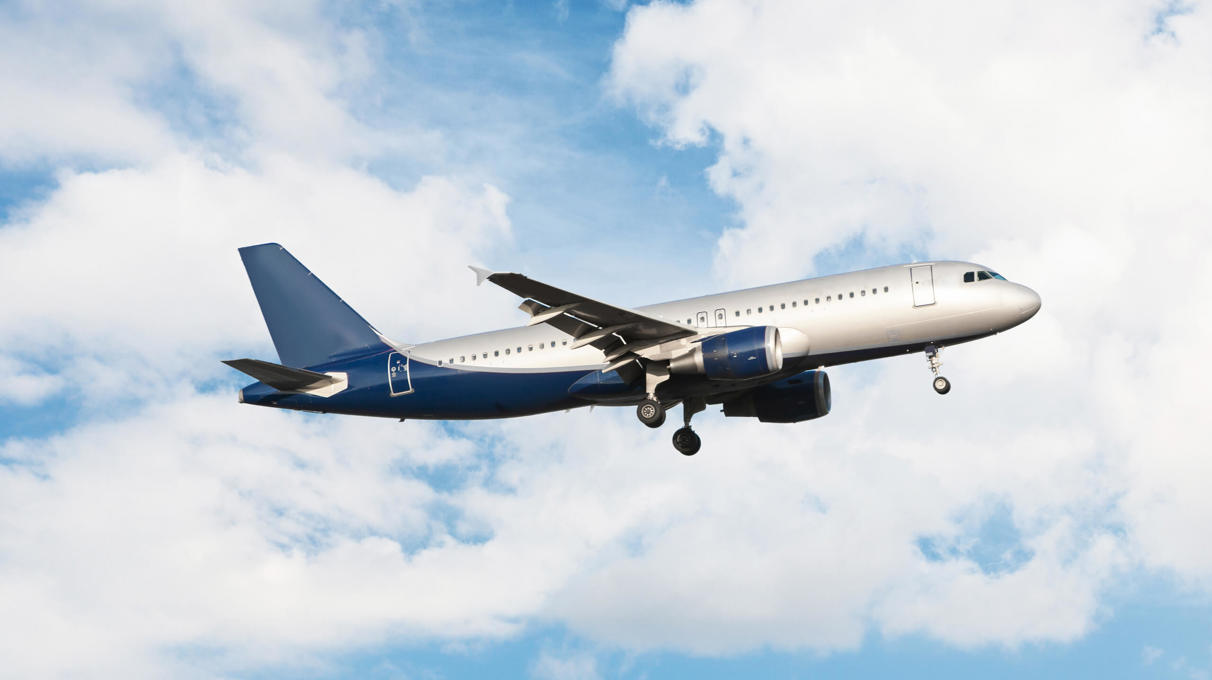Customer loyalty is crucial for long-term success in a cutthroat sector like aviation. Airlines all over the globe are always looking for new and creative ways to retain passengers and increase brand confidence. The marketing of aviation has changed dramatically, with a focus on customer-centric strategies to improve experiences. Here, we look at tactical approach's airlines may take to strengthen their position in the market and increase customer loyalty.

Providing Tailored Client Experiences
Airlines are aware that a customized experience may turn infrequent travelers into devoted patrons. They determine passenger preferences and adjust services appropriately by using data analytics. Every traveler has a different experience thanks to in-flight amenities, customized discounts, and personalized email alerts. Additionally, it provides a cozy, individual touch to acknowledge regular passengers with customized welcomes. This focused strategy guarantees that travelers feel appreciated and a part of the airline.
Improving Comfort with Contemporary Amenities
Comfort is essential to client loyalty and happiness. Airlines may spend money on entertainment choices that appeal to a range of age groups, ergonomic seats, and more legroom. Offering top-notch in-flight Wi-Fi enables travelers to remain amused and connected. Airlines may provide more opulent choices, such as gourmet food services or plush beds, on long-haul trips. Airlines encourage repeat business by making every trip more pleasurable by putting the comfort of their passengers first.
Putting Sustainability Initiatives First
Environmental awareness is growing among tourists. These environmentally conscious passengers are often drawn to airlines that implement sustainable measures. Travelers are receptive to initiatives like cutting carbon emissions, purchasing fuel-efficient planes, and eliminating single-use plastics. Trust is also increased by open and honest communication regarding environmental initiatives. Airlines foster loyalty and support global environmental objectives by matching the beliefs of their passengers.
Increasing Response Time and Customer Service
The foundation of any effective aviation marketing plan is providing exceptional customer service. Negative encounters may be transformed into good ones by teaching employees how to promptly and courteously handle client problems. Airlines may improve consumer views by taking a proactive stance and resolving problems before they become more serious. Customer satisfaction is further increased by streamlining procedures for managing luggage or addressing aircraft delays. Customers are more likely to return when they get attentive and kind service.
Rewarding Loyalty with Special Initiatives
Airlines continue to use loyalty programs to reward their consumers for their continuing business. These programs are created by airlines to reward devoted passengers with benefits like priority boarding, complimentary flights, or upgrades. Passengers are encouraged to travel only with one airline via exclusive membership grades, which provide extra privileges. Additionally, incentive choices are increased by collaborating with credit card issuers, hotels, and automobile rental organizations. By providing repeat passengers with extra value, these incentives cultivate a devoted and robust clientele.
Conclusion
Building consumer loyalty is essential for airlines to prosper in a cutthroat market. By offering extra rewards, loyalty programs keep consumers interested and inspired to come back. By putting these tactics into practice, the airline's standing in the aviation sector is strengthened in addition to improving customer pleasure.






